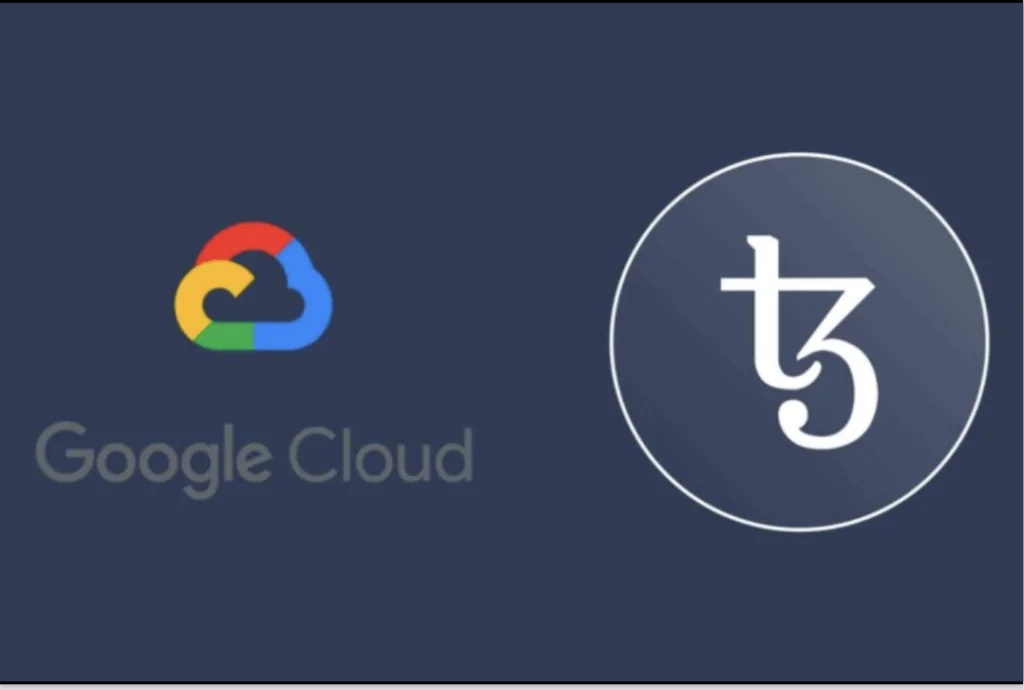Google and Tezos blockchain have joined together to accelerate web3 innovation on the decentralized Tezos network.

According to reports, the Tezos Foundation will use Google Cloud as a validator as part of the partnership between the two organizations. Corporate users of Google’s cloud infrastructure will be able to build web3 applications and deploy decentralized solutions on the Tezos blockchain as a result of the arrangement.
Tezos nodes will allow these Cloud customers to construct blockchain apps. Blockchain nodes serve as communication hubs, allowing users to confirm transactions, track blockchain history, and run the software required for web3 apps, among other things.
‘At Google Cloud, we’re providing secure and reliable infrastructure for Web3 founders and developers to innovate and scale their applications. We look forward to bringing the dependability and scalability of Google Cloud to power Web3 applications on Tezos.” James Tromans, web3 technical director at Google Cloud
In a collaboration with cryptocurrency exchange Coinbase, the internet behemoth recently combined its Cloud service with digital currency payments. Coinbase Cloud users will be able to settle payments using cryptocurrencies such as Bitcoin (BTC), Ether (ETH), and eight other virtual currencies.
Google invests in Ethereum and Solana infrastructure
The search engine behemoth has previously interacted with web3 networks. Previously, the technology behemoth unveiled a node hosting service for the Ethereum ecosystem.
Just before that, the company announced node services for Axie Infinity’s Ronin network, an Ethereum-based side-chain for blockchain gaming. In November, the tech firm also joined the Solana network and launched a blockchain node engine.
Moreover, the engagement with the Tezos Foundation, as well as other collaborations, confirms the crossover story between large web2 companies and emerging web3 ventures. Other well-known companies, like MasterCard, Visa, and Reddit, have also put their toes into the burgeoning blockchain ecosystem.
